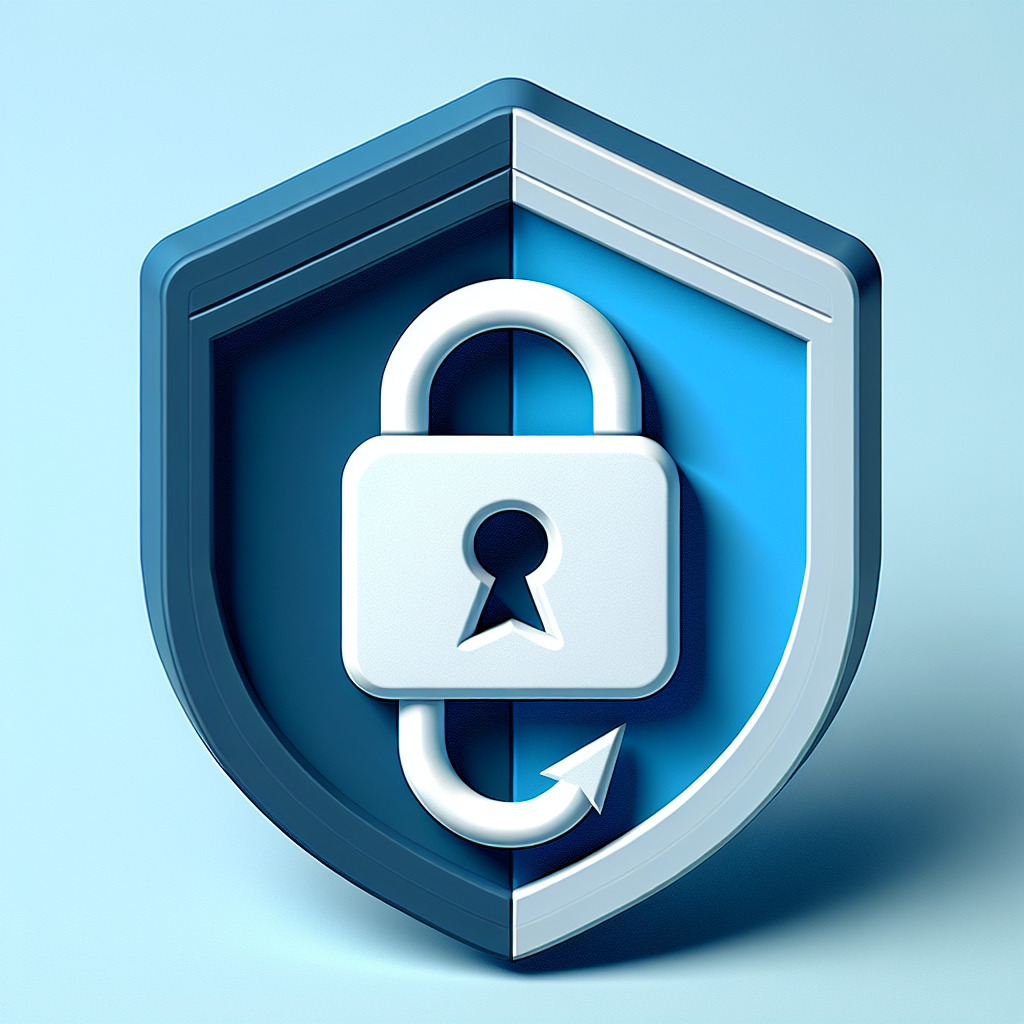With the rise of remote work, businesses have seen a surge in cyber threats, particularly phishing attacks. Phishing, where attackers pose as legitimate entities to steal sensitive information, becomes even more insidious as remote workers are often isolated from immediate IT support. The remote landscape adds unique layers of complexity to mitigating these threats, requiring specialized training and awareness programs tailored to the remote employment paradigm.
Phishing Emails Developed
Tailored Training Modules Available
Continuous simulation updates and defense measures
State-of-the-Art AI Algorithms for Simulation
Unique Challenges Faced by Remote Workers
Remote workers face several unique challenges that increase their vulnerability to phishing attempts. Firstly, the lack of physical interaction with IT departments can lead to slower response times and delayed threat detection. Additionally, home networks often lack the rigorous security measures employed in corporate environments, making them more susceptible to breaches. Distractions in a home setting can also cause employees to be less vigilant, leading to increased susceptibility to sophisticated phishing schemes.
Effective Training Methodologies for Remote Employees
To tackle these challenges, companies must implement effective, tailored phishing training for remote workers. Interactive and engaging training sessions, such as simulated phishing attacks, can provide practical experience and reinforce best practices. Additionally, regular virtual workshops and webinars can keep remote employees informed about the latest phishing tactics and strategies for avoiding them. By incorporating real-life scenarios and timely updates, training programs can maintain high engagement and relevance.
Beyond training, organizations can deploy several technical solutions to enhance cybersecurity for remote workers. Multi-factor authentication (MFA) adds an essential layer of security, making it harder for attackers to gain access even if credentials are compromised. Regular software updates and patches are critical in closing security loopholes. Moreover, utilizing secure Virtual Private Networks (VPNs) ensures that data transmitted over various networks remains encrypted and secure. By combining rigorous training with these robust security practices, organizations can significantly reduce the risk of phishing attacks.

Our Mission
- Enhanced Phishing Awareness
- Improved identification of phishing attempts across all organizational levels
- Increased employee competency in handling phishing threats
- Predictive analytics provided for real-time threat assessment and intervention
- Detailed analytical reports on training and simulation results




